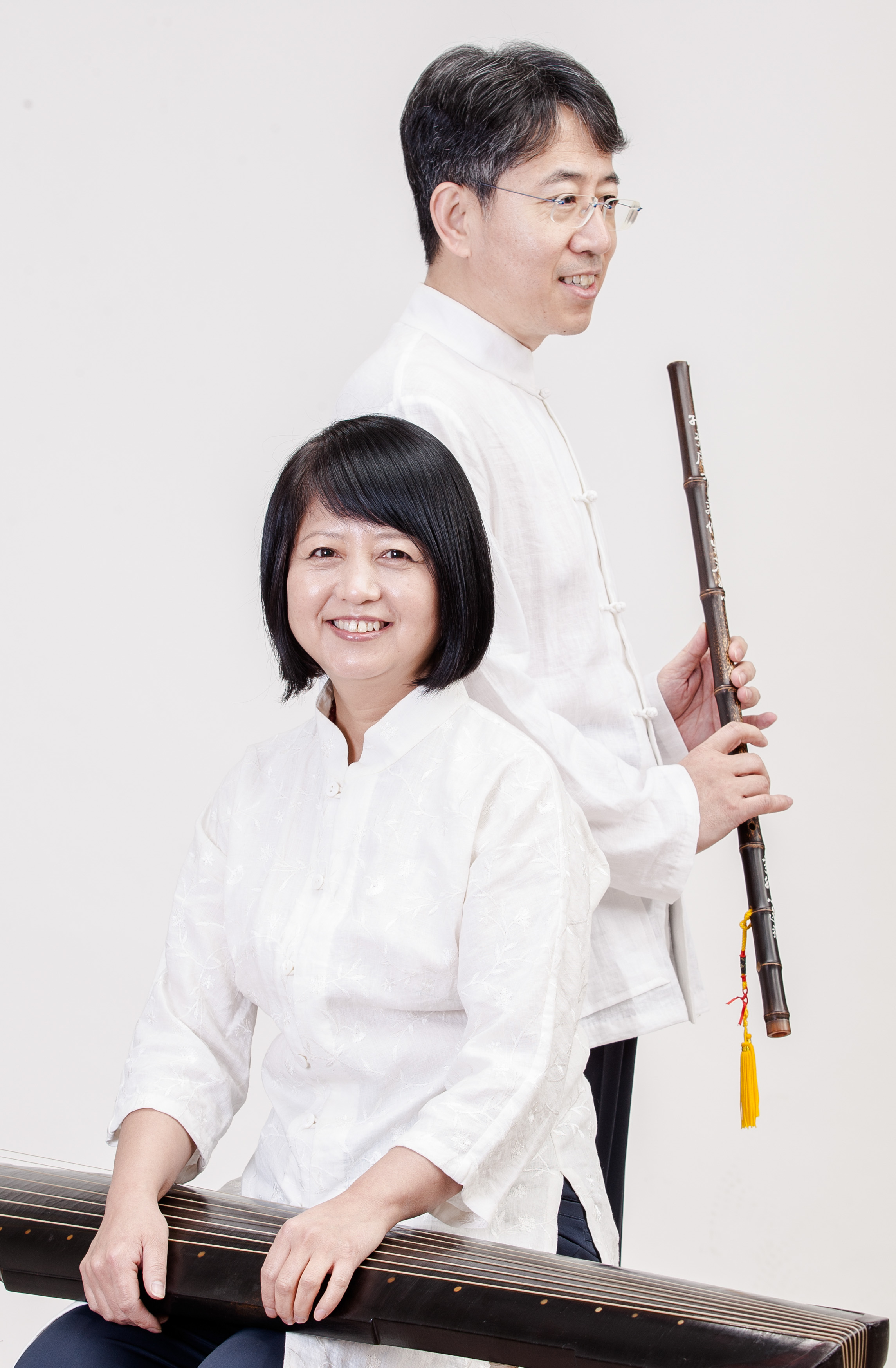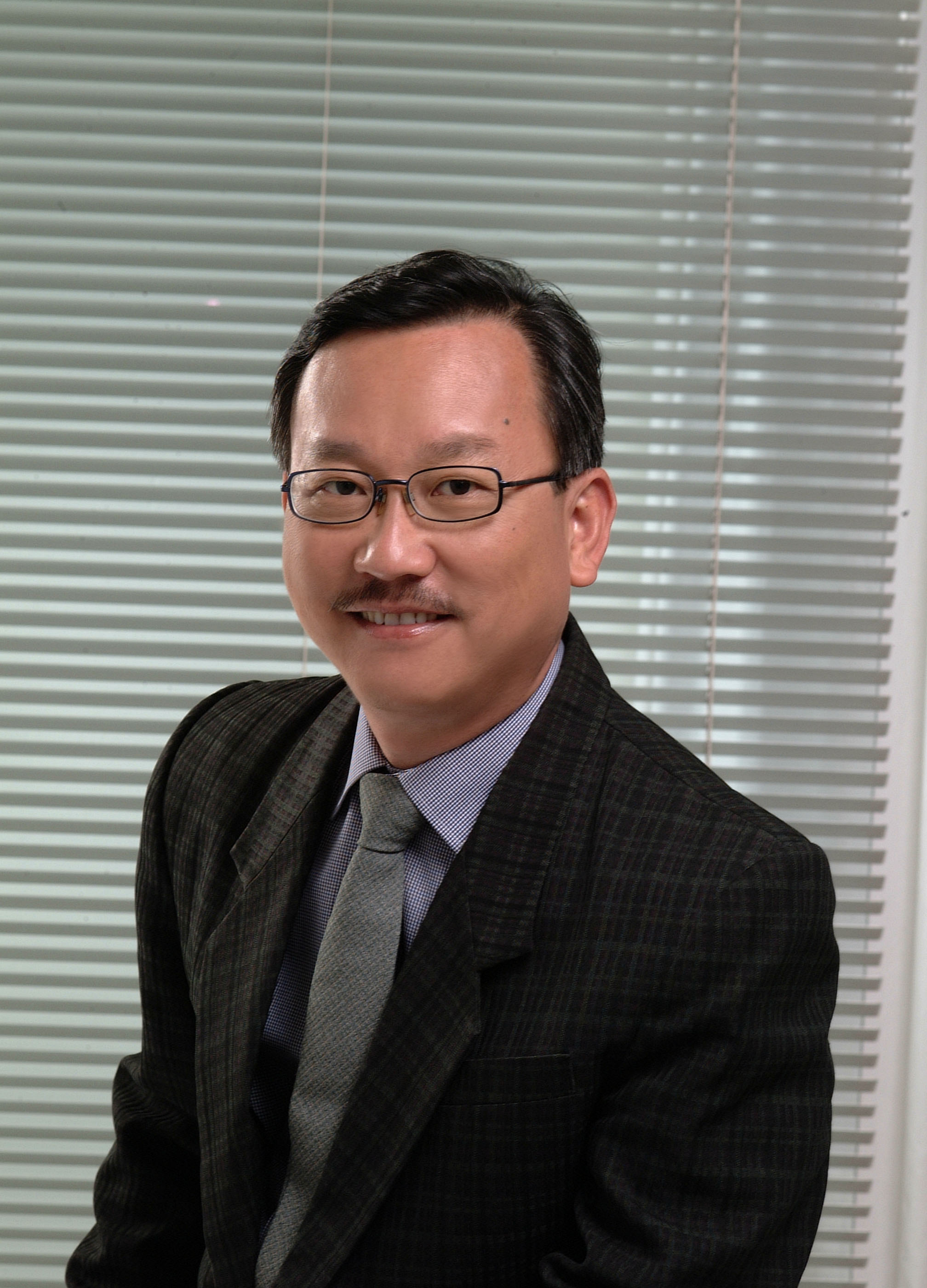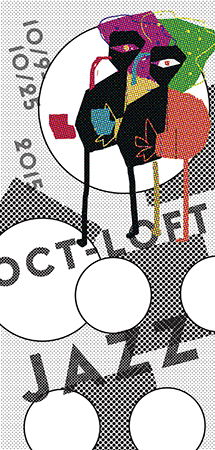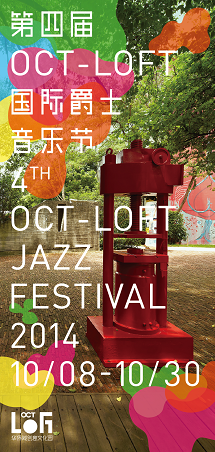东方酷音 · 雨果唱片系列:李凤云与王建欣琴箫埙音乐会
Li Fengyun & Wang Jianxin: Qin / Xiao / Xun Concert
中国 China
时间 Time
2015.10.11 20:00 – 21:30
场地Venue
华侨城创意文化园北区B10现场 B10 Live, North District of OCT-LOFT
演出者 Artists
李凤云 Li Fengyun – 古琴 Qin
王建欣 Wang Jianxin – 萧 Xiao / 埙 Xun
李凤云
天津音乐学院教授、古琴演奏家、中国琴会副会长,中国昆剧古琴研究会古琴专业委员会副主任、天津古琴会会长。1985年毕业于天津音乐学院并留校任教。师从陈重、李祥霆、许健、李允中诸先生;1987年拜广陵琴派大师张子谦先生为师,深得广陵琴派精髓。曾出版《广陵琴韵》、《箫声琴韵》、《梅梢月》等个人专辑数张;琴曲打谱《颐真》、《梅梢月》、《离骚》、《玄默》、《山中思友人》、《普安咒》《修禊吟》等十余首;琴歌打谱三十余首;并发表多篇学术论文,如《神奇秘谱及调意浅谈》、《张子谦古琴艺术初探》、《李允中与天津近现代琴坛》等。1990年在天津成功举办个人古琴音乐会。至今,已经在北京、香港、台北、澳门及欧美、日本、澳大利亚、新加坡、马来西亚等地举办近百场演出和讲座。
王建欣
天津音乐学院教授,图书馆馆长。笛箫演奏家、音乐理论家。1962年生于天津。1976年考入天津音乐学院附中,1981年升入本科,1985年攻读研究生,并于1987年获得硕士学位,成为中国第一位笛箫专业硕士学位获得者,并首次成功举办个人独奏音乐会。1998年考入中国艺术研究院,研究方向为中国古代音乐史、琴学,2001年获得博士学位。1995年应邀赴新加坡、马来西亚做为期一年的华乐艺术指导。自1999年起,与古琴家李凤云合作,每年均在北京音乐厅、中山音乐堂举办琴箫音乐会。2002年初,应邀在莫斯科柴可夫斯基音乐学院讲学,同时与李凤云在拉赫马尼诺夫音乐厅举办音乐会。亦曾多次应邀赴美国、日本、韩国、波兰、葡萄牙等国家举办音乐会和讲座。
演出曲目
一、琴埙合奏《南风歌》(出自《谢琳太古遗音》(1511年),李凤云打谱)
二、古琴独奏《龙翔操》(出自清朝秦维瀚《蕉庵琴谱》(1868年))
三、洞箫独奏《朝元歌》(出自明朝传奇《玉簪记》)
四、古琴独奏《广陵散》(出自《神奇秘谱》(1425年),又名《聂政刺韩王曲》)
五、古琴独奏《梅梢月》(出自明朝汪芝《西麓堂琴统》(1549年))
六、琴箫合奏《疏影》(李凤云、王建欣据《白石道人歌曲》即兴演奏)
七、古琴独奏《流水》(据《天闻阁琴谱》(1876年))
八、埙独奏《楚歌》(古曲)
九、琴箫合奏《梅花三弄》
Li Fengyun
Li holds a Bachelor of Music in Pipa and Qin Performance from Tianjin Conservatory of Music. She studied with Chen Zhong, Li Xiangting, Zhang Ziqian and Xu Jian. She is currently the Professor of Tianjin Conservatory of Music, Vice-Chairman of the Qin’s Society, Chairperson of Tianjin Qin Association, the members of Chinese Musicians Association.
She entered the affiliated middle school of Tianjin Conservatory of Music in 1976 and graduated from the Conservatory in 1985, became faculty member in the same year. Li was awarded second prize of National Guangdong Music Competition and International Jiangnan Sizhu Music Competition in 1987 and a first-prize winner of the Hangzhou Qin Invitation Competition in 1992.
From 1990, she held her Qin recitals in Beijing, Taipei, Hong Kong, Singapore, Malaysia, Japan, Poland, Portugal, Ukraine, Australia, the United States and Russia. She attended the ’90 and ’95 International Symposium on the Art of the Chinese Ancient Qin in Chengdu. In 1994, she also participated in the Beijing International Symposium of Chinese Famous Qin and Qin’s Music. Her performance of masterpieces was recorded in the event. Her albums under HUGO label “Guangling Qin Music Vol. 4”, “Duets with Qin and Xiao”, “Mei Shao Yue Qin’s Music” was released in 1996, 2001 and in 2007. Her theses include “Interpretation of Song of Woodcutter”, “The Reasons for the Decline of the Chinese Qin Music” and “Study of the Mysterious Codex” etc.
Wang Jianxin
Dr. Wang, currently Professor of Music, has been worked at Tianjin Conservatory of Music since 1987. He received his bachelor from Tianjin Conservatory of Music in 1985. After two years, he received his Master’s degree in Chinese instruments performance and started teaching at Tianjin Conservatory. He was a prizewinner in the International Jiangnan Sizhu Music Competition in Shanghai, China in 1987.
Wang holds a doctoral degree in History of Chinese Music from Academy of Chinese Arts at Beijing in 2001 where he studied with Prof. Wu Zhao. From 1987 to now, he performed many solo recitals and with various contemporary music organizations and ensembles, and held master classes about Chinese traditional music given in Singapore, Malaysia, Russia, Ukraine, Portugal, Poland, Japan, Korea, the United States and Hong Kong, Taipei.
As a professor, he has some courses in the Conservatory: History of Chinese Music, Esthetics, Ethnomusicology and Performance of Chinese Wind Instruments.
Now he is the head of librarians and the director of Center for Information Technology in Tianjin Conservatory of Music.
Song List
1、Qin / Xun Duet —“Song of South Wind (南风歌)”
— From Li Fengyun “Taigu Yiyin(太古遗音)” (1511), reconstructed by Li Fengyun.
2、Qin Solo — “The Soaring Dragon (龙翔操)”
— From “Jiao An Qin Handbook (蕉庵琴谱)” of Qing Dynasty (1868).
3、Xiao Solo — “Chao Yuan Ge (朝元歌)”
— Episode of “The Jade Hairpin (玉簪记)” from Kunqu (昆曲), one of the oldest extant forms of Chinese opera.
4、Qin Solo— “Guangling San (广陵散)”
— From “Mysterious Codex (神奇秘谱)”, compiled by Zhu Quan, Ming Dynasty (1425).
5、Qin Solo— “Plum Blossoming under the Moon (梅梢月)”
— “Xi Lu Tang Qin Handbook (西麓堂琴统)” (1549), reconstructed by Li Fengyun.
6、Qin / Xiao Duet — “Shadows of Plum Blossoms (疏影)”
— Composed by Jiang kui, 13th Century; arranged and impromptu played by Li Fengyun and Wang Jianxin. The Collection of Songs by Jiang Kui is a rare example of Song Dynasty musical scores still extant.
7、Qin Solo— “The Flowing Water (流水)”
— From “Tian Wen Ge Qin Codex (天闻阁琴谱)” compiled by Tang Yiming, Qing Dynasty (1876).
8、Xun Solo— “Song of Chu (楚歌)”
— Ancient Tune. The struggle between the Chu and the Han states, the Battle of Gaixia, the ambush from all sides.
9、Qin / Xiao Duet — “Three Variations of the Plum Blossom (梅花三弄)”
网站 Website
http://www.chineseqinxiao.com/
微博 Weibo




